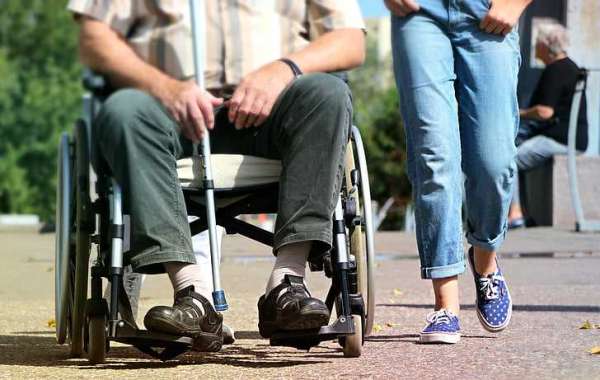
How to get PCA Programs in Massachusetts?
Obtaining personal care assistance (PCA) in Massachusetts is a process that can help individuals with disabilities or chronic illnesses maintain their independence and live comfortably in their own homes. There are several steps to follow in order to get started with PCA services.
First, it’s important to determine if you or your loved one is eligible for PCA services. In Massachusetts, individuals must be over the age of 18 and have a chronic illness or disability that requires assistance with activities of daily living (ADLs), such as bathing, dressing, and toileting.
Gather information
Next, reach out to your local Area Agency on Aging (AAA) for information about the PCA program in your area, including how to apply and the types of services offered. The application process typically includes a face-to-face assessment to determine the level of care needed and a financial assessment to determine the cost of services.
After approval, choose a PCA provider that best suits your needs. The AAA can provide a list of approved providers, such as the Northeast Independent Living Program (NILP). You can also ask for recommendations from friends and family. Once a provider is selected, they will begin providing services and work with you to create a care plan that meets your needs.
Cost
It’s important to understand the cost of PCA programs and how it is determined. In Massachusetts, the cost is based on a person’s income, assets, and level of care needed. Some individuals may be eligible for Medicaid to cover the cost of services, while others may have to pay out of pocket. Be sure to discuss the cost with your AAA and PCA provider to ensure you are aware of any financial obligations.
Know your rights
PCA recipients have rights that the provider must respect. These include the right to choose your own provider, to be informed of all services available, to participate in the development of your care plan, to be treated with dignity and respect, and to receive quality care. In case of violation of any rights, it can be reported to the AAA, who will take necessary action.
The personal care assistance program is not a one-time service and requires regular review and updates. The care plan should be reviewed and updated regularly as the needs change. The PCA provider will work with you to update the care plan and make necessary changes to the services provided.
Conclusion
In summary, obtaining PCA services in Massachusetts can provide valuable support for individuals with disabilities or chronic illnesses who want to maintain their independence and live comfortably in their own homes. With the help of the AAA and some research, navigating the process and getting the support you need is possible. Understanding the service’s cost, rights, and continual nature is important to ensure the best outcome. With the proper knowledge and support, individuals can enjoy PCA services’ independence and support.
Original Content Published At NILP.




